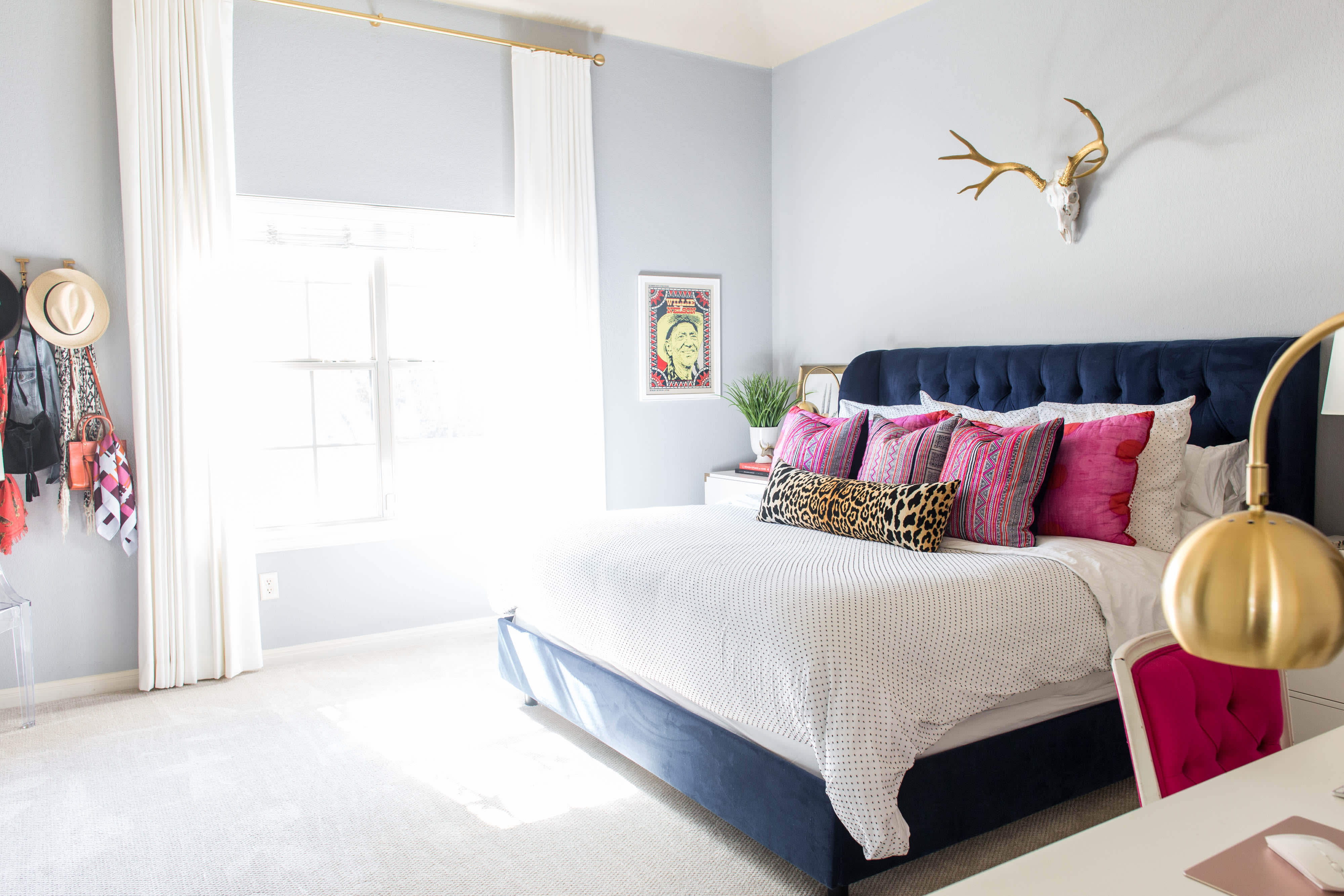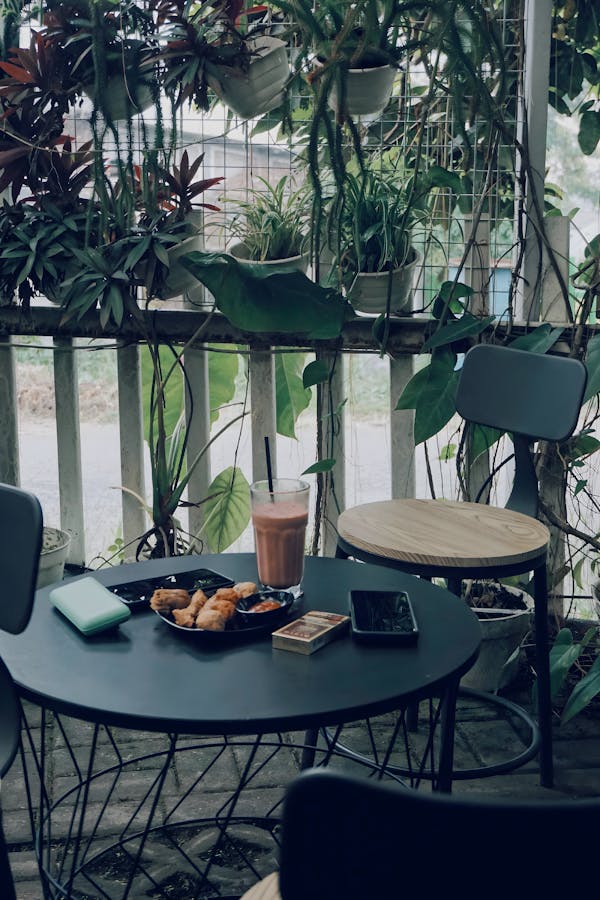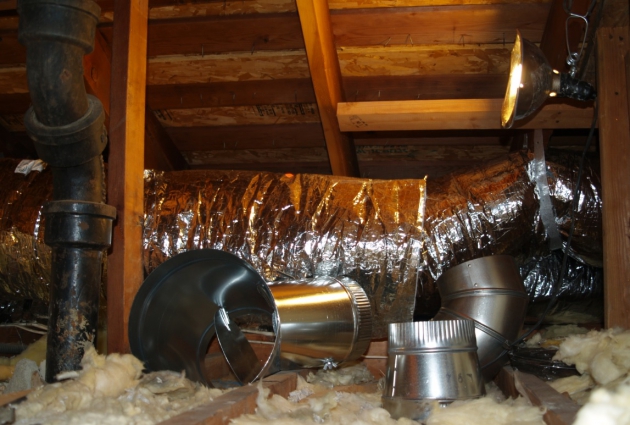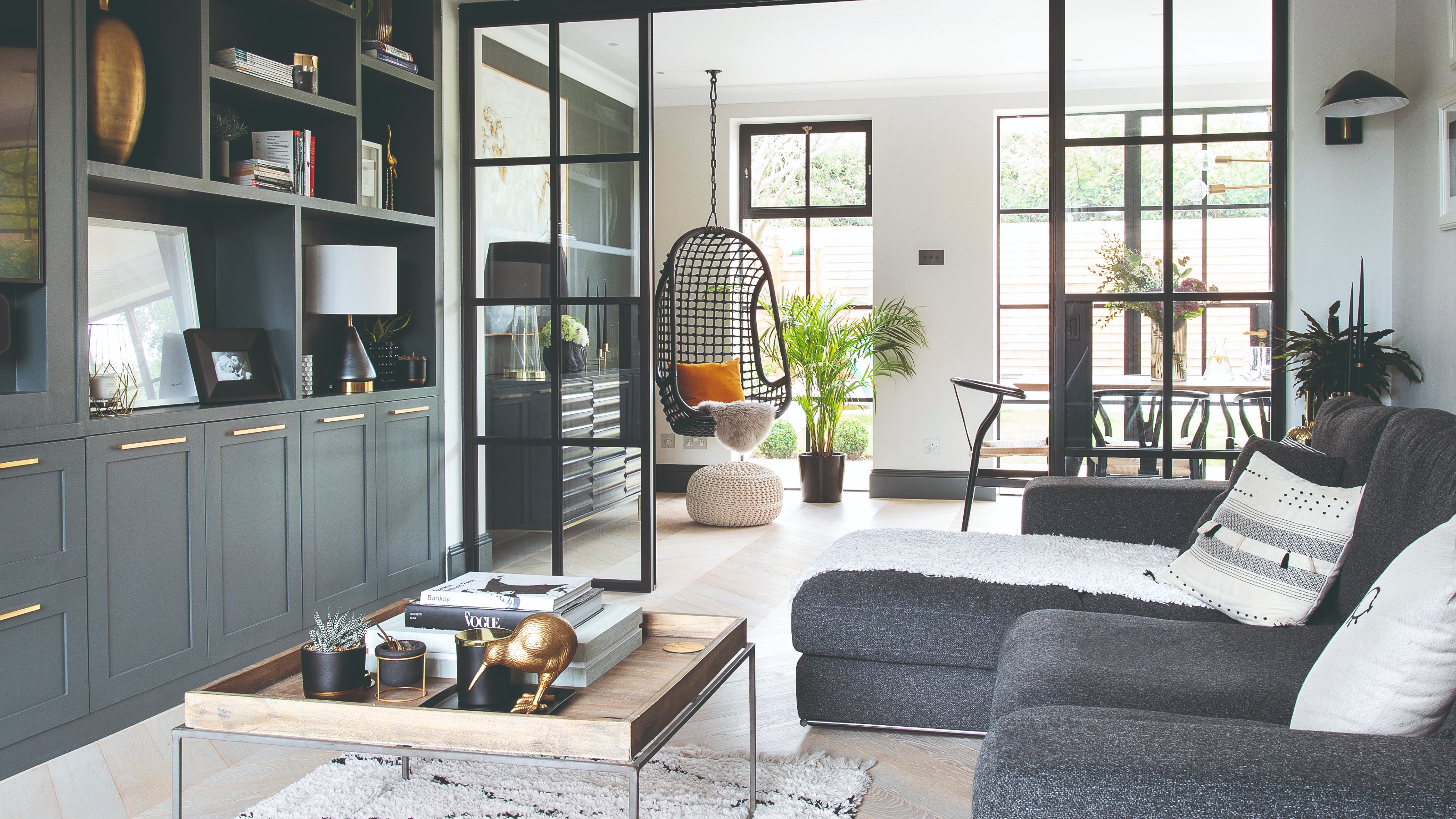Oneida garden fills stomachs, reconnects Indigenous people to land

Article content
Amanda Kennedy knows what it’s like to grow up without healthy food.
Advertisement
This advertisement has not loaded yet, but your article continues below.
Article content
“I grew up low income, and I’m involved with a lot of low-income families,” said Kennedy, who was raised in London and is Haudenosaunee, a member of a confederacy of several First Nations. “I know that eating healthy isn’t an option for them, just like it wasn’t for me.”
That’s why the 39-year-old advocate and social innovator has built a special kind of garden at Oneida Nation of the Thames, southwest of London, to make healthy food more accessible to low-income families.
Funded by the London Community Foundation, and in partnership with Carolinian Canada, Kennedy received a $200,000 community vitality grant for the project, called Tsi’thotuhutsya:te (The Creators Land) Community Healing Garden.
“I wanted to create a space for our community to connect with the land, to build up their own food supply, do bartering, work together,” and ultimately, Kennedy added, “try to reconnect them with our Indigenous ways of knowing.”
Advertisement
This advertisement has not loaded yet, but your article continues below.
Article content
The funding — extending over two years — will go toward her youth-led social enterprise called Yotuni that heads the initiative.
Located at Oneida’s longhouse, the garden, measuring 18 square metres, grows everything from corn, squash and beans to strawberries, potatoes and eggplants. The food is managed and distributed by members of the community who work at the longhouse, alongside the Yotuni team.
The funding will be used to scale up the project, expanding into warehouses and greenhouses to grow food year-round, Kennedy said.
“We want to keep producing food that we can give,” she said. “It’s our low-income families and our single women with children that need it the most.”
Beyond food, the garden offers a space for people to focus on their mental health, Kennedy said.
Advertisement
This advertisement has not loaded yet, but your article continues below.
Article content
“I know firsthand what it’s like to walk with this kind of trauma and walk with this truth and watch,” she said, citing the long-term effects of the residential school system on families.
“I realized that I needed to create a space for people to heal, and I thought, it’s a perfect space to do a garden because it’s about being on the land.”
Gidagaakoons, an agriculture-focused social enterprise, and London-based organizations, including Growing Chefs!, Urban Roots London and the London Environmental Network, have helped with Tsi’thotuhutsya:te, Kennedy said.
The project is one of two gardens, the other in London, that address food insecurity — something Kennedy said is an ongoing problem for many Indigenous communities.
Advertisement
This advertisement has not loaded yet, but your article continues below.
Article content
“Food security is a huge issue; it’s been an issue since the settlers came over. It’s why we have high diabetes in our community, obesity and all of that . . . because we’re low-income (and) marginalized,” she said, adding many land-based teachings were lost during colonization.
The community healing garden is a way to close this gap and bring back what was lost, Kennedy said.
“With this opportunity that we just received, we can now secure our food security, as well as really take care of our mental health, reconnect with the land, learn how to live off the land and reconnect with the community.”
For more information about the gardens, visit yotuni.com.
The Local Journalism Initiative is funded by the Government of Canada
Advertisement
This advertisement has not loaded yet, but your article continues below.








